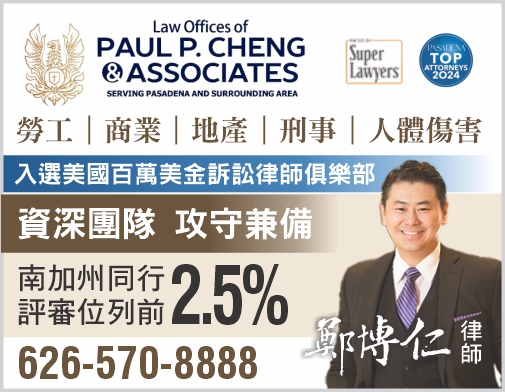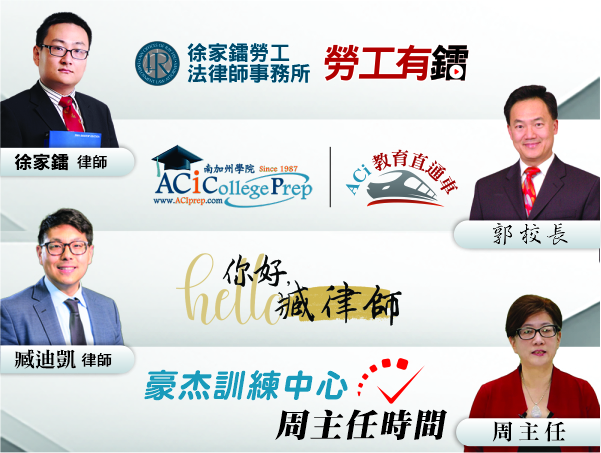TAKING ADVANTAGE OF FRIEND MAY AFFECT DISCHARGEABILITY OF DEBT
Some people like to borrow money from friends and relatives but have no intention of ever repaying the money back. This is plainly and simply taking advantage of the friend or relative. If the amount borrowed is small change, even a couple of hundred or a couple of thousand dollars, there may not be too much of a problem. The debt is easily forgotten and forgiven. But what if the money borrowed was $325,000 which debtor seeks to discharge in bankruptcy? The answer depends on the circumstances of the case.
If it is clearly shown that Debtor had no intent to repay the money when he borrowed it, then the debt is not dischargeable. In Re Goepp, the Creditor and the Debtor had been friends since the 1960s. The Creditor was an 82 years old former college professor who lived in a nursing home. The court found him to be of diminished mental capacity. The Debtor was 69 years old. In 1993, he moved into his mother’s house where he cared for her and his older sister, who had Alzheimer. The Debtor was not employed. His primary source of income was a home equity loan that his mother had taken out on her house.
In other words, Debtor had a PH.D. in “smooching off relatives."After Debtor’s mother died in 1994, he continued to live on money from the home equity loan. For a second source of money, he used a Power of Attorney to access his sister’s IRA to pay for his expenses. His sister died in 2003. So, for ten years, from 1993 to 2003 he had no job and no income but lived off his mother’s home equity loan line and his sister’s IRA. But all good things come to an end. By 2005, he was out of money and being sued by his younger sister for mismanagement of the mother’s estate.
Since he ran out of relatives to borrow money from, he resorted to the next best thing, his friend. So, he told the Plaintiff about his money problems and the Plaintiff, being the good trusting friend that he was bit into the hook, line and sinker. Plaintiff started making loans to Debtor in 2006. In 2007, the Plaintiff gave a Power of Attorney to the Debtor. Debtor visited Plaintiff frequently. I wonder why? Because every time he visited Plaintiff, debtor would ask him for money, and Plaintiff would write him checks for the amounts he asked for. After all, “what are friends for, except to give money to!” sighed Plaintiff.
When the Debtor filed for Chapter 7 relief in June 2010, he said he owed the Plaintiff $325,000. When asked how he was going to repay Plaintiff, he said that he intended to repay the loan from the equity in the house. But the problem was that he house had no equity. Oops, a minor miscalculation which debtor blamed on his 6th grade teacher for not teaching him how to add and subtract correctly! He said the house was worth $600,000 with total mortgages of $746,637.
The bankruptcy court agreed with the Plaintiff that his claim of $325,000 against Debtor was not dischargeable pursuant to Sections 523(a)(2) and (4). “The totality of the circumstances-specifically, Debtor’s pattern of borrowing, on an unsecured basis, substantial funds from elderly members of his family and social circle, all while having no real prospect of repayment - lead this court to find that Debtor did not intend to repay Plaintiff; that is, his promise to repay was false and he knew it was false,” the court said. The court also found that the Power of Attorney created a fiduciary relationship because the Plaintiff had to go through Debtor to gain access to his own money. The court found that the Debtor committed a defalcation by violating his fiduciary duties of care and loyalty. “Though Plaintiff signed the checks himself, he was clearly of reduced mental acuity and also very dependent on Debtor…” This scoundrel should be quartered then hanged!
Lawrence Bautista Yang is a graduate of Georgetown University Law Center and has been in law practice for thirty years. He specializes in bankruptcy, business and civil litigation and has handled more than four thousand successful bankruptcy cases in California. He speaks Mandarin and Fujien and looks forward to discussing your case with you personally. Please call (626) 284-1142 for an appointment at 1000 S Fremont Ave Bldg A-1 Suite 1125 Unit 58 Alhambra, CA 91803.
图片翻摄自网路,版权归原作者所有。如有侵权请联系我们,我们将及时处理。
 點評
點評 微信
微信 微博
微博





